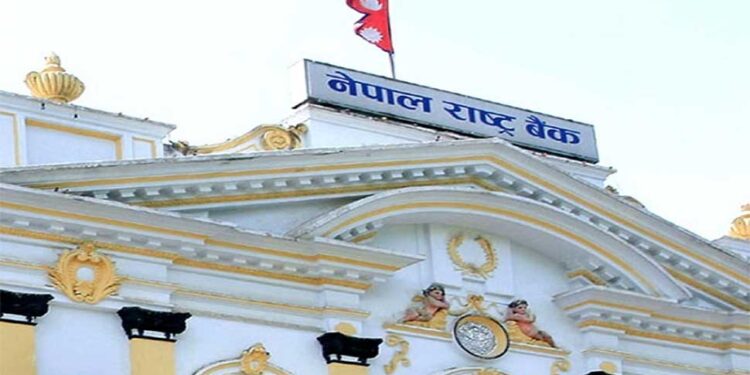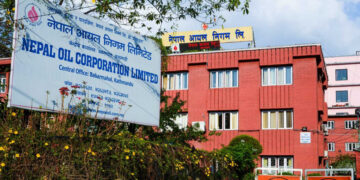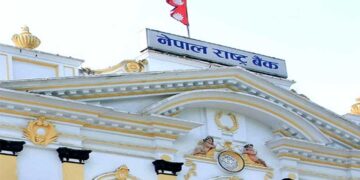More than 15 percent of industrialists and traders in Nepal have been blacklisted for banking offenses, predominantly for cheque bounce cases, according to the Nepal Rastra Bank (NRB).
The central bank reports that over 150,000 businesspersons are currently facing financial offense charges out of an estimated 1 million registered businesses operating in the country. Speaking at a program on Friday, NRB Governor Biswo Nath Poudel described the rising number of blacklisting cases as “unusual.”
In recent months, many entrepreneurs have struggled to repay bank loans due to Nepal’s ongoing economic slowdown, further intensified by the Gen Z movement and recent violent incidents, which have disrupted economic activities. As a result, cheque clearance failures have surged, increasing the number of blacklisted borrowers.
Governor Poudel noted that the criminalization of cheque bounce cases has contributed significantly to the blacklisting trend. He also confirmed that NRB has started reviewing the loan loss provisioning rules, which currently place heavy pressure on banks to blacklist borrowers for unpaid loans.
As per unaudited financial statements of 20 commercial banks, the average Non-Performing Loan (NPL) ratio has climbed to 4.86 percent, up from 4.04 percent a year earlier. NRB regulations require banks and financial institutions to maintain loan loss provisions ranging from 1% to 100% depending on how long loans remain overdue. The longer the delay in repayment, the greater the provisioning burden, which pushes banks to intensify loan recovery and blacklist defaulters.
Governor Poudel emphasized that the central bank is prepared to adopt flexible financial policies to address current challenges and highlighted the importance of channeling loanable funds into rural areas to support economic recovery.











